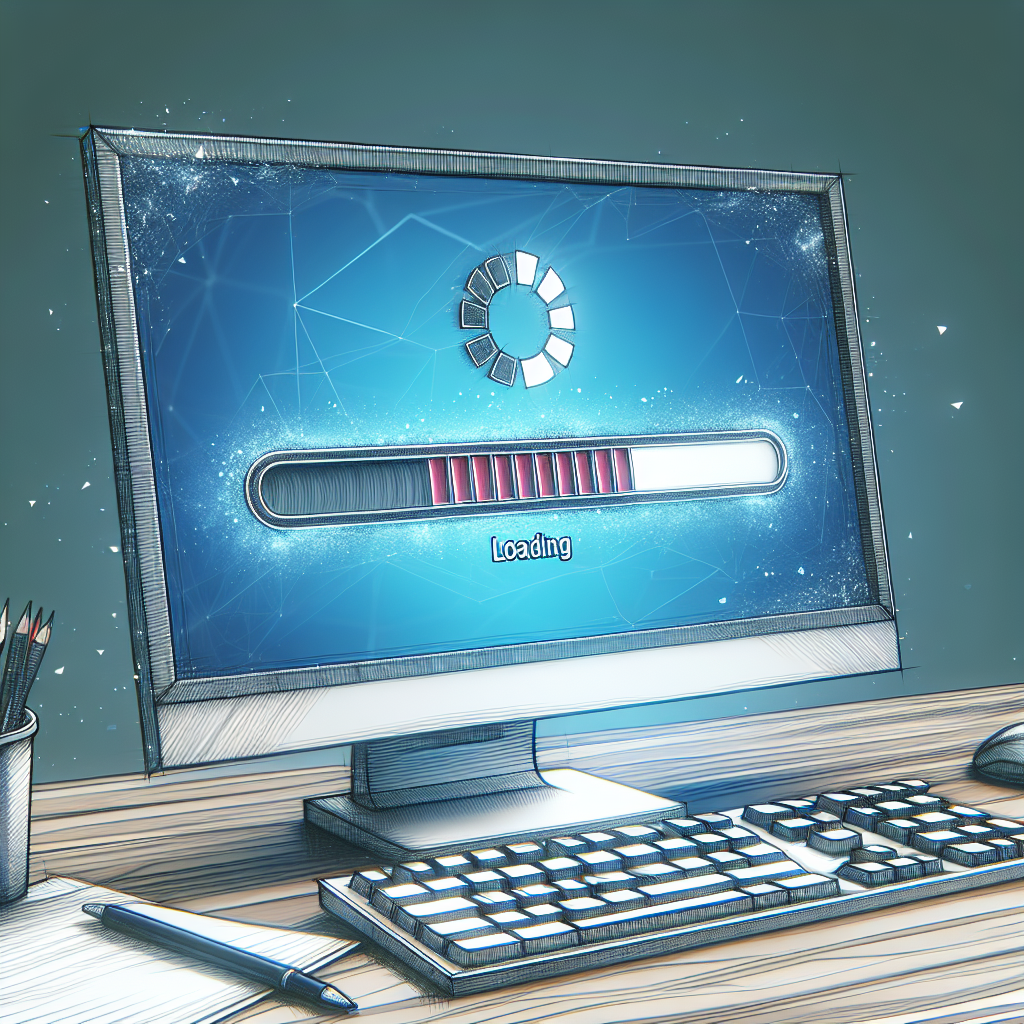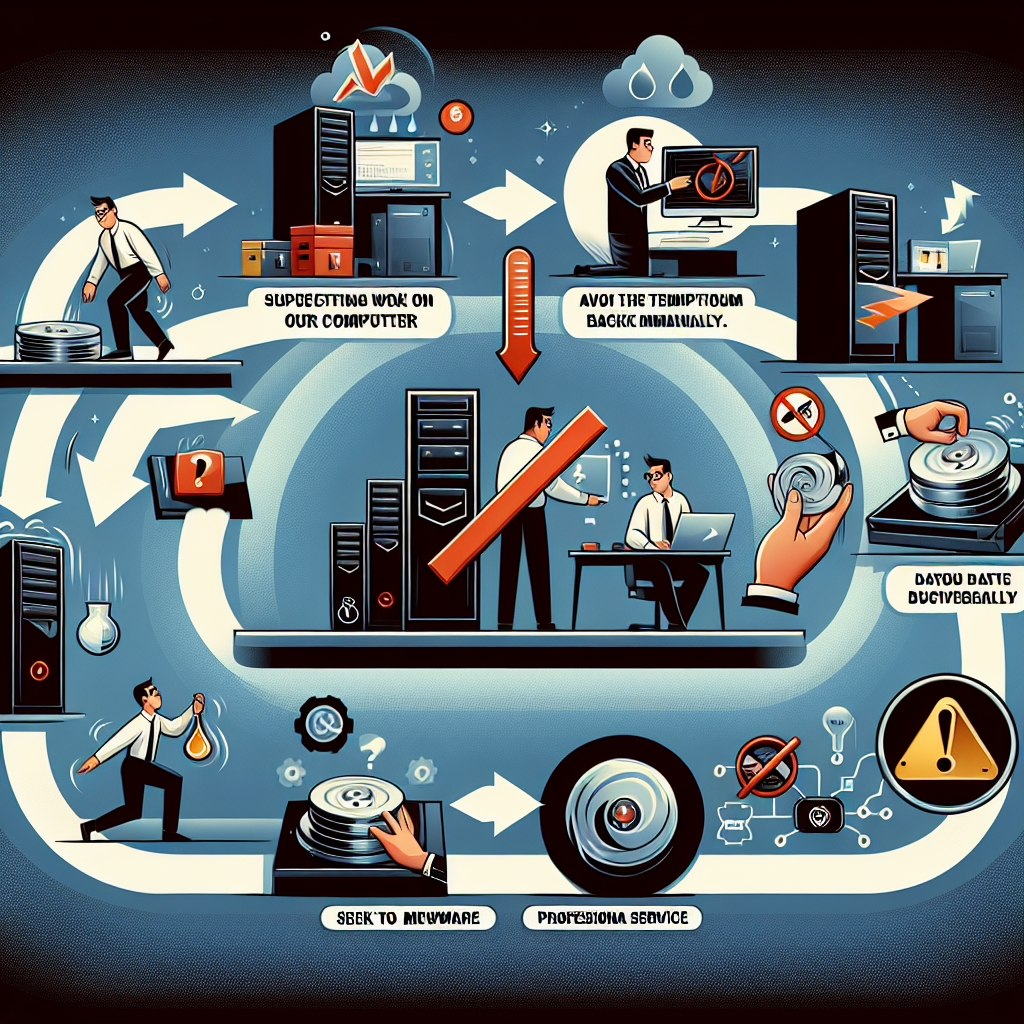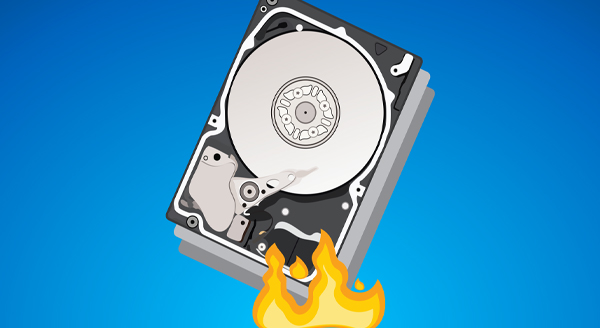Your hard drive is the heart of your computer, storing all your digital memories, important files, and ongoing projects. When your hard drive fails, it can be a stressful and panic-inducing experience. However, by understanding the signs of hard drive failure and knowing what steps to take, you can minimize data loss and get your computer back up and running.
What Are The Signs of Hard Drive Failure
There are several key indicators that your hard drive may be failing. Being aware of these signs can help you take action before it’s too late.
Slow Performance Of Your Computer

One of the first signs of a failing hard drive is a noticeable decrease in your computer’s performance. As the hard drive’s spinning plates and needle-like components begin to wear out, it takes longer to access and retrieve files. This slowdown can impact everything from startup times to application loading and game performance.
Frequent Blue Screens of Death (BSOD)
The dreaded Blue Screen of Death, or BSOD, is a classic Windows error that indicates a serious problem. When your hard drive is failing, you may encounter frequent BSODs. These sudden crashes, accompanied by a blue screen with an error code, can be translated to “something has gone wrong, and your computer can’t continue.”
Boot Failures
If your computer fails to boot up properly, it could be a sign of hard drive issues. During the boot process, your computer loads the operating system from files stored on the hard drive. If these files are corrupted or inaccessible, your computer won’t be able to start up.
Corrupted Files
Another indicator of hard drive problems is when files become corrupted. If you try to open a file and receive an error message stating that the file is corrupted, it means that essential parts of the file are missing or damaged. Unlike a book with a missing page, a corrupted computer file is often unusable.
Unusual Noises
Pay attention to the sounds your computer makes. You’re likely familiar with its normal operating noises, but if you start hearing clicking, grinding, or even high-pitched sounds coming from the hard drive, it’s a cause for concern. These noises may intensify during file access or when the computer is under heavy load.
What to Do When You suspect Hard Drive Failure

If you notice any of the above signs, it’s crucial to take immediate action to minimize the risk of data loss.
Stop Using the Computer
The moment you suspect hard drive failure, stop using your computer and turn it off. Continuing to use it can exacerbate the problem and lead to further data loss. Even if you don’t have a backup yet, powering down the computer is essential.
Avoid the Temptation to Backup Immediately
While it may be tempting to quickly back up your files, doing so can put additional strain on an already failing hard drive. The process of reading and writing data during a backup can accelerate the drive’s deterioration. It’s best to leave the data recovery to professionals.
Seek Professional Data Recovery Services
Contact a reputable data recovery service like Mr IT as soon as possible. These professionals have the expertise and specialized tools to recover data from failing or damaged hard drives. Attempting to recover the data yourself can be risky and may result in permanent data loss.
Understanding the Causes of Hard Drive Failure In Your Computer
Hard drives, whether traditional mechanical drives or solid-state drives (SSDs), can fail for various reasons. Mechanical drives are prone to physical wear and tear due to their moving parts, while SSDs can fail due to factors like power surges, overheating, or component degradation. Other common causes of hard drive failure include:
- Manufacturing defects
- Physical damage from drops or impacts
- Exposure to extreme temperatures or humidity
- Malware or virus infections
- Sudden power outages or surges
How To Prevent Hard Drive Failures
While no hard drive lasts forever, there are steps you can take to minimize the risk of failure and protect your data:
- Regular Backups: Consistently backing up your data to an external drive or cloud service is the best defense against data loss. Set up automatic backups to ensure your data is always protected.
- Proper Handling: Handle your computer with care to avoid physical damage to the hard drive. Use a protective case and avoid dropping or jostling your device.
- Adequate Cooling: Ensure your computer has proper ventilation and cooling to prevent overheating, which can shorten the lifespan of your hard drive.
- Surge Protection: Use a surge protector to safeguard your computer and hard drive from sudden power spikes that can cause damage.
- Antivirus and Malware Protection: Keep your computer protected from malicious software that can corrupt your hard drive or lead to data loss.
When To Use Professional Data Recovery
When faced with hard drive failure, it’s essential to entrust your data recovery to professionals. Attempting to recover data yourself can be risky and may result in permanent data loss. Professional data recovery services like Mr IT have the expertise, specialized tools, and controlled environment necessary to successfully recover your valuable data.
If you suspect your hard drive is failing, don’t hesitate to contact Mr IT for expert data recovery assistance. Our team is dedicated to helping you retrieve your precious files and get your computer back up and running. Call us today at 03 9087 4389 to learn more about our services and how we can help you overcome hard drive failure.
